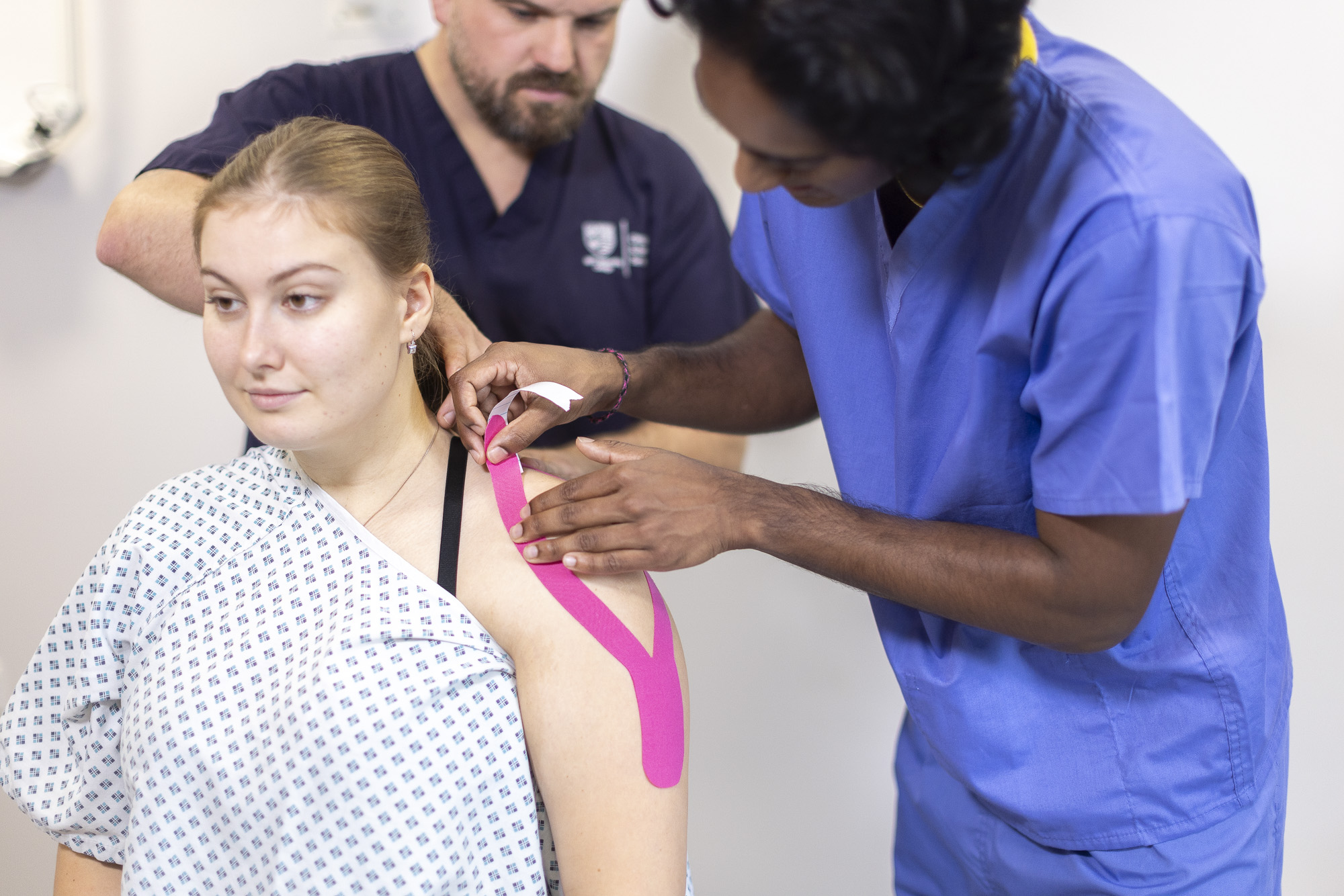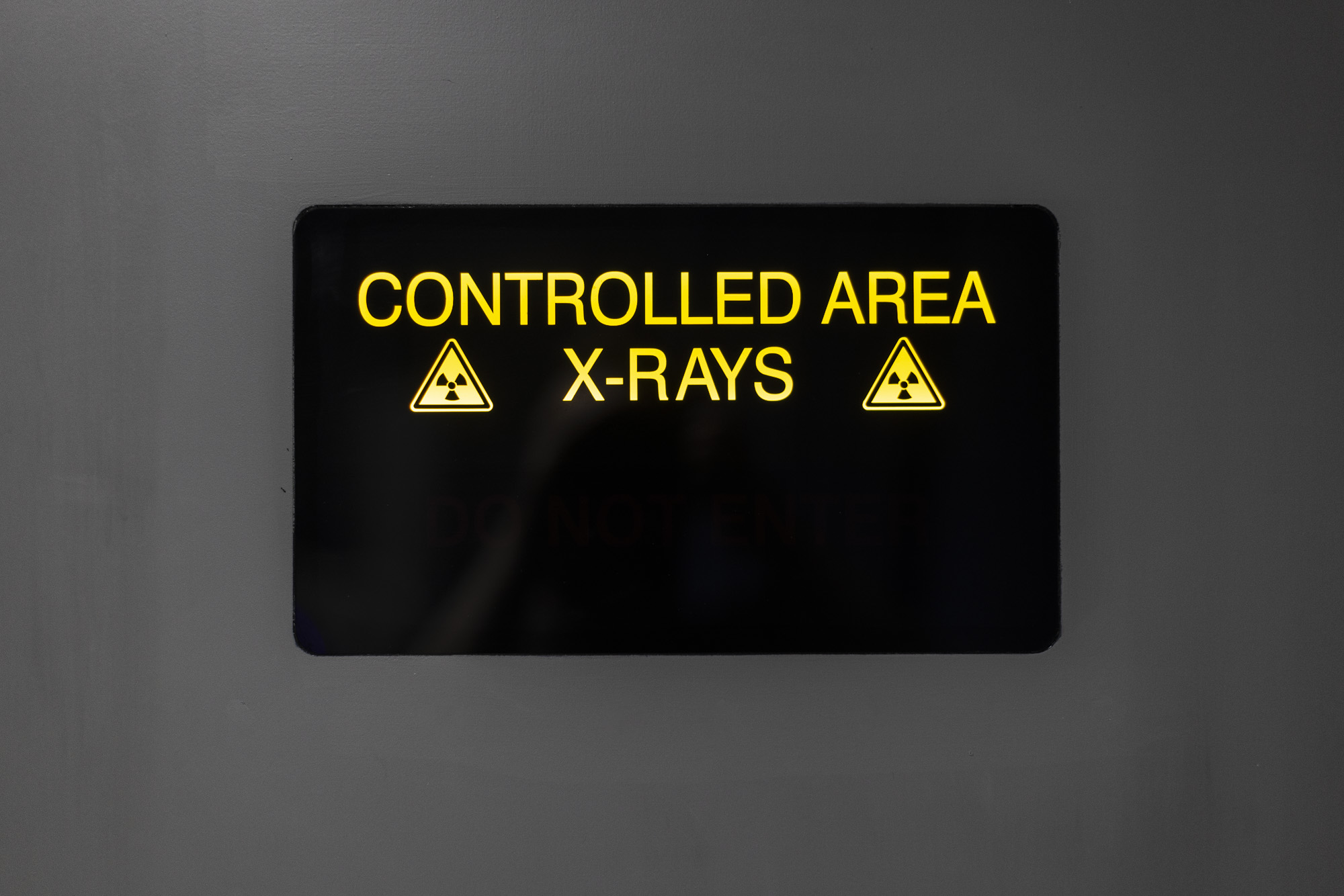Overview
An ongoing agenda with a range of NHS modernisation areas set out by the government has led to a range of healthcare professions being given the legal right to prescribe as non-medical prescribers. For those professions with Professional, Statutory and Regulatory Bodies (PSRB) prescribing rights, there is a keen appetite for incorporating prescribing as part of their roles within their specific areas of practice.
Mapped to Health and Care Professions Council (HCPC) Prescribing standards and the Royal Pharmaceutical Society’s ‘competency framework for all prescribers’, this multi-professional, individually-focused course is designed for experienced Allied Health Professionals (AHPs) from a range of professions and settings. This provides increased opportunities for career advancement in line with healthcare requirements, service and patient needs, through addition of non-medical prescribing to your role.
The course will support your successful achievement of competence to meet the prescribing standards set out by the HCPC (2019) and Royal Pharmaceutical Society [RPS] ‘competences for all prescribers’ framework (RPS 2021).
Through this course, your learning will be guided and facilitated and you will be supported by our academic/clinical team, which includes Pharmacists and Advanced Clinical Practitioners, who are themselves, experienced non-medical prescribers.
The course has been designed to support you in developing skills in critical thinking, self-directed learning, reflective practice, evidence-based practice, person-centred practice, and multi-disciplinary working relevant to non-medical prescribing practice, with the ultimate goal of improving the quality of holistic patient care.
Within your practice setting, you will have an allocated designated prescribing practitioner to provide supervision and support throughout the course, and who will be responsible for signing off your prescribing practice learning hours and evidence within your portfolio, including your clinical assessment in practice.
Successful achievement of this course will provide 20 academic credits at Level 7 (Masters Level).
Course Details
The course enables you, as a student/trainee Non-Medical Prescriber to build on your current clinical practice expertise, as an experienced healthcare professional, to develop the knowledge and skills required for prescribing and deprescribing practice; applying core skills of history taking, clinical assessment and reasoning and diagnostic decision making to your prescribing practice, embedded within relevant legal, and professional requirements.
You will enhance your current practice and further develop a competent level of knowledge and skills to work towards evidence-based, legal, ethical, safe, effective and cost-efficient practice as an HCPC-annotated Non-Medical Prescriber.
Content covered is aligned to meeting the HCPC standards for prescribing and Royal Pharmaceutical Society [RPS] competences and will be as follows:
- Consultation, Decision-making and Therapy including referral
- Professional Accountability and Responsibility
- Prescribing in the Public Health Context
Applied Therapeutics, Pharmacokinetics, Pharmacodynamics, anatomy and pathophysiology, differential effects of drugs in diseased and healthy patients, and across lifespan
Mechanism of action of major classes of drugs Introduction to basic principles / factors affecting drug absorption, distribution, metabolism, excretion
Drug Interactions – synergistic and antagonistic, adverse drug reactions, poly-pharmacy
Drug misuse and dependence
- Influences on and Psychology of Prescribing
- Prescribing in a Team Context
- Evidence-based Practice and Clinical Governance for Prescribing
- Prescribing in the policy context
This is a course consisting of this 1 unit of learning. The course is undertaken either as a stand-alone unit, as part of the CPD framework or can be undertaken as a unit on MSc Advanced Clinical Practice (ACP) / MSc ACP Integrated degree apprenticeship).
- An unseen written exam
- A reflective case study
- Professional Prescribing practice portfolio including numeracy assessment for prescribing drug calculations, record of prescribing practice hours, clinical assessment in practice, relevant personal formulary and other evidence that is mapped against the RPS competences for all prescribers’ criteria.
You will be supported through supervision and assessment in the practice setting by your allocated designated prescribing practitioner/s [DPP] and from the academic perspective, by your allocated academic tutor.
Students attending this course are already working as registered healthcare professionals. This is a requirement laid out in the entry criteria and therefore placements are not required. They are working in the workplace setting for which the course being delivered is appropriate for their learning, professional development and attainment of prescribing skills. Students will be able to professionally develop in their own workplace and will be able seek out opportunities to observe and undertake learning experiences within other areas of practice on an informal basis
You will be required to undertake a minimum of 78 mandatory prescribing practice learning hours within your own and others’ practice settings. This will align with the prescribing role you will be undertaking within your own workplace setting, with agreement of your employer and in consultation with your workplace supervisor/s (DPP).
This course enables you, as a healthcare professional with legally approved prescribing rights, to take on the role of Non-Medical Prescriber in your area of clinical practice, after successfully completing the course and being approved for annotation as an independent or supplementary prescriber on your HCPC register.
HSU provides you with a supportive, individualised approach to knowledge and clinical skill competence development for ethical, safe and effective Non-Medical Prescribing in your own area of practice that facilitates patient safety and public protection.
As a student / trainee non-medical prescriber at HSU you will have the opportunity to collaborate with students and members of staff from a range of healthcare professions working across different settings. This includes core members of the teaching team who are practising non-medical prescribers themselves and pharmacists from a local trust.
Meaningful learning experiences have been included via a focus of real-world professional practice and assessments related to your own clinical practice. This provides learning opportunities to enable you to develop your practice, with guidance and support by tutors and through discussion with other appropriate professional colleagues. Activities and assessments focused on your clinical work setting complement the university-based learning and are intended to develop your professional scope as a non-medical prescriber.
The course enables students the opportunity to gain experience in their own workplace, leading to being able to demonstrate knowledge, understanding and competence therein with a focus on full holistic, person-centred assessment and management of patients focusing on prescription and deprescription of pharmacological and / or non-pharmacological therapeutic interventions. It is designed to ensure there is flexibility to meet service needs, in partnership with meeting individual learning needs, enabling Health Sciences University and practice supervisors/assessors (Designated prescribing practitioners) or other supportive professional colleagues, to plan appropriate learning and teaching strategies, thus maximising educational opportunities both in the academic and clinical settings.
Facilities
You’ll study a hands-on, clinically-focused curriculum that puts patient care front and centre. You will benefit from using our outstanding on-site facilities, including our Clinical Simulation facility and Immersive Learning Environment.
University taught sessions will be either on-line or face-to-face on-campus for student contact and tutor-guided learning hours.
The majority of the learning on this unit/course is through work-based learning, within the student’s own practice setting and other appropriate settings within the organisation where they work. This work-based learning, supervision and assessment is achieved through self-directed learning and through supervised practice provided by the DPP and other professional colleagues in the workplace.
Recorded lectures; additional asynchronous materials; on-line case-based content; digital skills and simulation equipment.
Entry Requirements
Entry Requirements 
2:2 degree or equivalent in a relevant healthcare subject
PLUS
Pre-requisites:
Must have undertaken level 7 courses in history taking and physical examination and clinical reasoning. This may be either APA7001/ACP7001 Consultation and clinical assessment for advancing practice AND Clinical Reasoning, diagnostic decision-making and managing complexity for ACP units at HSU or equivalent courses at another education provider.
Must be in full employment in the NHS or private healthcare in the UK and be an HCPC-registered healthcare professional.
Anything Else Needed 
Entry requirements for this course are normally:
- Hold current registration with either the Health and Care Professions Council (HCPC) with a minimum of 3 years post-registration clinical experience
- You must be competent in safe and effective practice in clinical/health assessment, diagnostics/care management, planning and evaluation of care in your identified area of prescribing practice.
- Have undertaken a post-registration course equivalent to HSU’s Consultation and Clinical Assessment unit and clinical reasoning, diagnostic decision making and managing complexity for AP units.
- Have a practice supervisor/assessor (Designated Prescribing Practitioner) who meets eligibility criteria for supervising non-medical prescribing trainees and who has agreed to provide the required term of supervised practice.
- Provide evidence of an enhanced Disclosure Barring Service (DBS) check which has been deemed suitable by the organisation for your impending prescribing role.







